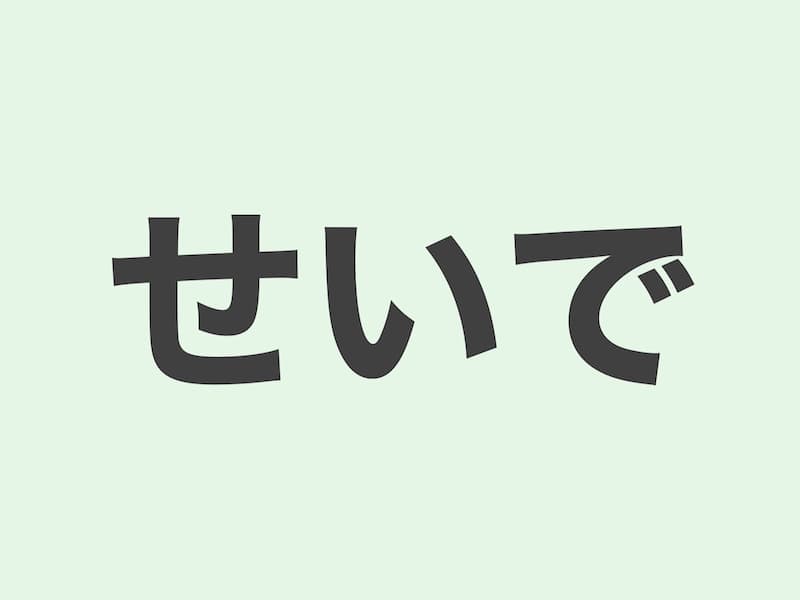説明 (Explanation)
文法(Grammar):普通形+せいで・名詞の+せいで・(な形容詞)な+せいで
意味 (Meaning):せいでは、ある状況や結果の原因を表す日本語の表現です。
英語(English):It is used to indicate a cause or reason for a particular situation, often when that situation is negative or comes with some kind of regret. It is similar to saying “because of” or “due to” in English.
JLPT Textbook Recommendations
例文 (Examples)
- 電車が遅れたせいで、遅れてしまいました。
- 大雨のせいでピクニックが中止になりました。
- 彼の失敗のせいで、プロジェクトが遅れています。
- 交通事故のせいで、道路が渋滞しています。
- 私のせいです。
ひらなが (Hiragana)
- でんしゃがおくれたせいで、おくれてしまいました。
- おおあめのせいでピクニックがちゅうしになりました。
- かれのしっぱいのせいで、プロジェクトがおくれています。
- こうつうじこのせいで、どうろがじゅうたいしています。
- わたしのせいです。
英語翻訳 (English Translation)
- Due to the train being delayed, I arrived late.
- Due to heavy rain, the picnic was canceled.
- Due to his mistake, the project is delayed.
- Due to a traffic accident, the road is congested.
- It’s my fault.





コメント